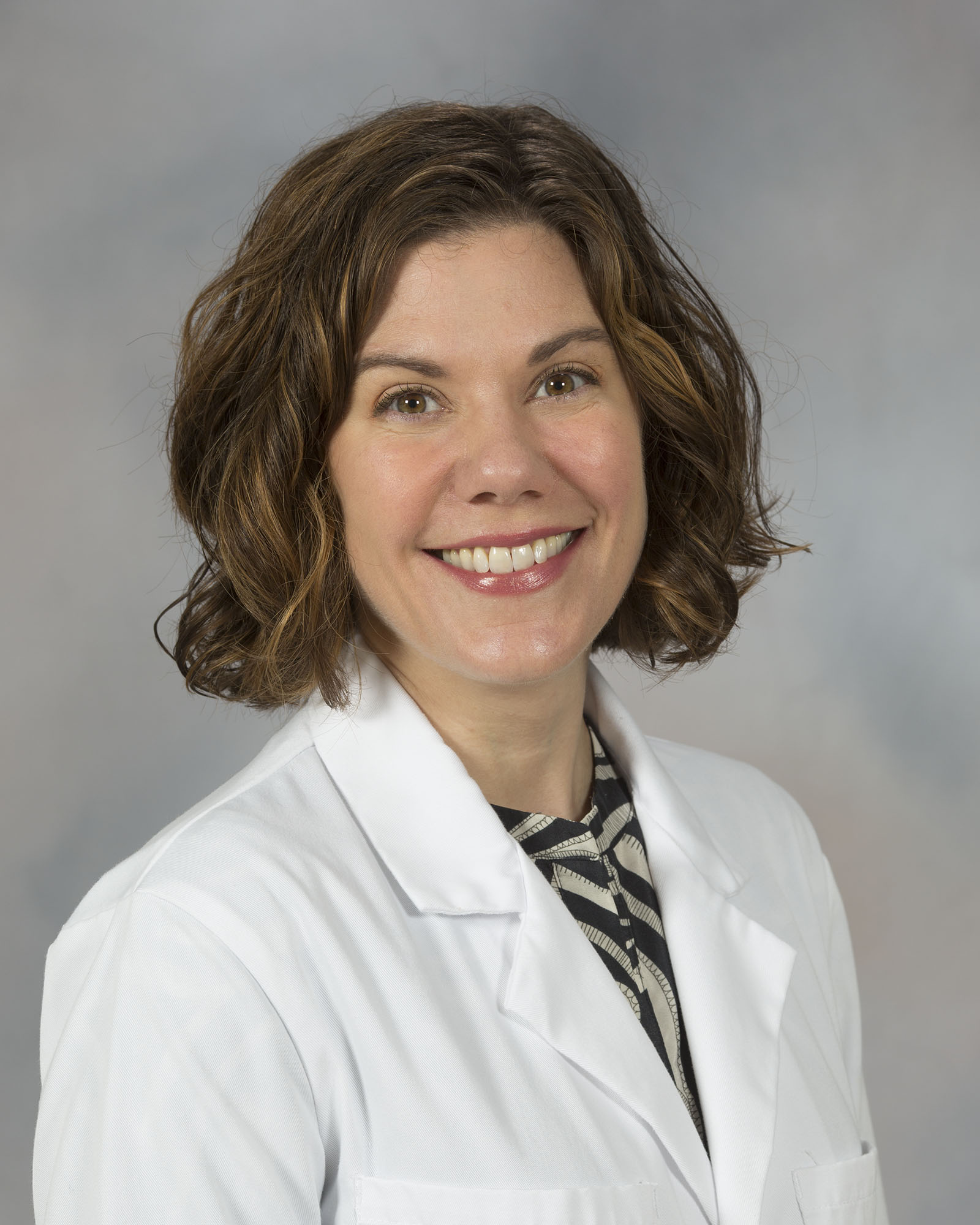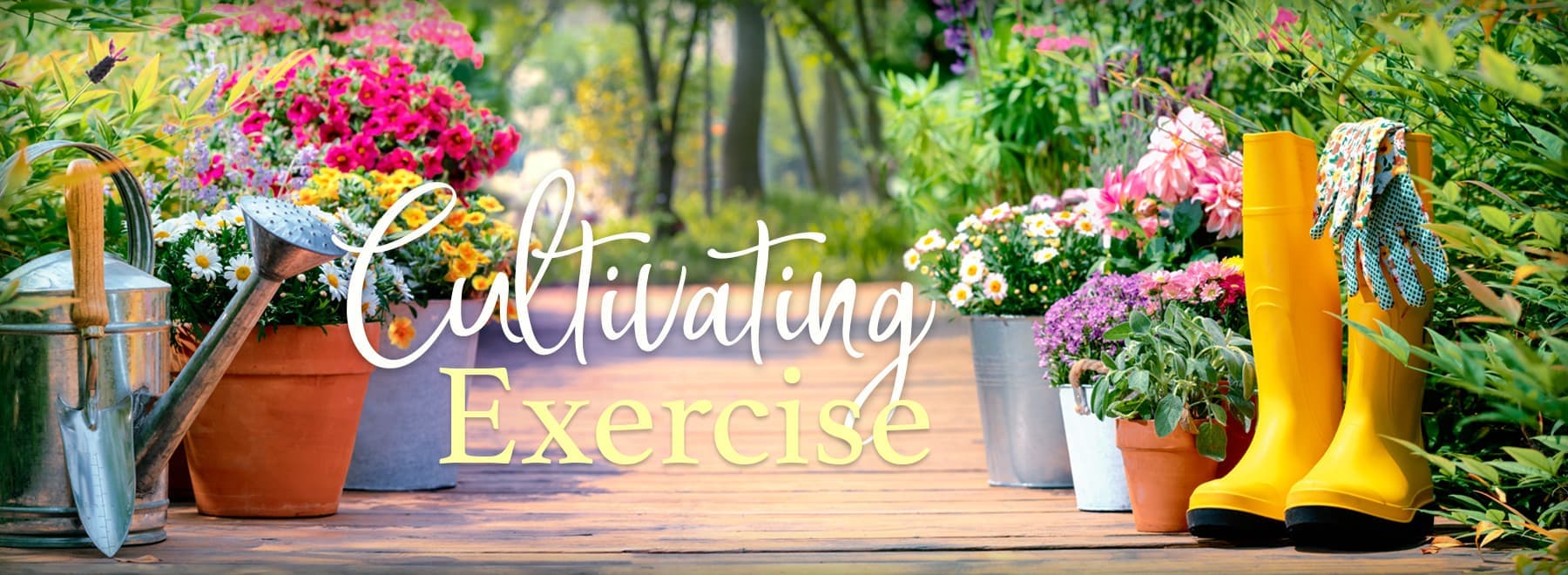How gardening makes healthy lifestyles grow during pandemic
As more Americans are practicing “social distancing” and “sheltering in place,” remember that staying at home doesn’t have to mean staying indoors.
With spring in full swing and summer on the way, it’s a great time to get outside and try a new, healthy hobby in the garden.

Gardening has several health benefits, said Dr. Caroline Compretta, assistant professor of preventive medicine at the University of Mississippi Medical Center.
“Planting, weeding and harvesting a garden are all great sources of physical activity, especially for people who may have limitations in their ability to participate in other forms of aerobic exercise,” Compretta said.
Whether working with fruits, vegetables, flowerbeds or other planting projects, the bending and stretching involved in gardening can provide the similar kind of activity you would get from cleaning your home, but in a different environment, she added.
The American Heart Association recommends that adults get 150 minutes of weekly moderate-intensity exercise and considers gardening as one of many activities that count toward this goal. According to the American Association of Retired Persons, various studies show that outdoor gardening can also increase vitamin D absorption, lower dementia risk and boost mood.
“People spend much more time inside these days, not just because of the current pandemic,” said Compretta, who grows vegetables and herbs in her home garden. “Gardening can pull you outside and into nature, and there’s a body of research showing that being outdoors can improve your sense of well-being and mental state.
“There’s also a sense of productivity and accomplishment in knowing that you grew something you’re about to eat. You have a real, tangible result from your work.”
The AHA recommends that adults eat about four servings of fruits and five servings of vegetables daily. While most amateur gardening efforts won’t produce enough to meet your dietary needs, the exercise can be a satisfying way to add more plants to your plate.
There’s also evidence that suggests fruits and vegetables eaten soon after picking provide more nutrients to the consumer, Compretta said.
Planting a garden can also be a learning experience for children and can establish new favorite flavors – or, at least, tolerable ones.
“Introducing kids to new foods helps build their palates and encourage healthy eating habits throughout life,” Compretta said.
A member of UMMC’s Center for Bioethics and Medical Humanities, Compretta teaches culinary medicine on campus and led an education campaign called Food for Thought that explored Mississippi’s culinary traditions and healthier eating.
“There are whole communities built around gardening that can help people connect to foodways and other people interested in healthy food,” whether that be supply shops, farmers markets or online forums, Comoretta said.
So while we may not be able to enjoy dine-in restaurants or dinner parties for now, gardening can be a healthy way to reconnect with food and friends.
Ready to start working in the garden? Here are some healthy suggestions:
• Wear sunscreen. Sun exposure boosts vitamin D, but also your risk for skin damage ranging from burns to skin cancer.
• Back off, bugs. Wear insect repellent and long, lightweight clothing to ward off biting insects.
• Keep cool. If working during the heat of the day, wear a hat and drink water.
• Start small. Don’t expect to become a master gardener with a giant plot overnight. Plant herbs like rosemary, mint or oregano in containers or start with packaged plant seedlings rather than seeds.
Check this presentation from the Center for Bioethics and Medical Humanities for more gardening tips.
The above article appears in CONSULT, UMMC’s monthly e-newsletter sharing news about cutting-edge clinical and health science education advances and innovative biomedical research at the Medical Center and giving you tips and suggestions on how you and the people you love can live a healthier life. Click here and enter your email address to receive CONSULT free of charge. You may cancel at any time.



